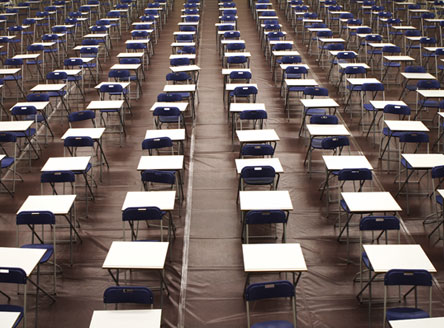
"The bar exam is less of a test of legal competence and more of a Scantron-centric hazing ritual. A three-year crucible of critical learning and professional training capped off with a few weeks of rote memorization for the sake of a test on subjects the lawyer will never advise a client on again. In the real world, a time-crunched, doctrinal, memory test on issues where the lawyer has no experience is called "malpractice," but for the summer before entering practice we call it "the bar exam""
"This week, Utah announced that it will formally introduce an alternate pathway to licensure to allow prospective lawyers to skip the bar exam ritual altogether and earn their license through a combination of formal education, supervised professional experience, and a tailored, skill-based exam. Anyone who wants to take the bar exam is still welcome to it, but the state now has another path that is not only sufficient for vetting competent practitioners... it's probably better."
Utah will introduce an alternate pathway to lawyer licensure that allows candidates to skip the traditional bar exam and earn licenses via formal education, supervised professional experience, and a tailored, skill-based exam. The state piloted an emergency diploma-privilege program in 2020 during COVID that licensed lawyers without harm to clients or courts. The National Conference of Bar Examiners opposed diploma privilege despite evidence showing no higher discipline rates, and an ABA study found no difference between diploma-privilege and exam jurisdictions. The traditional bar exam emphasizes rote memorization on rarely used doctrinal topics and functions more as a gatekeeping ritual than a measure of practical competence.
Read at Above the Law
Unable to calculate read time
Collection
[
|
...
]